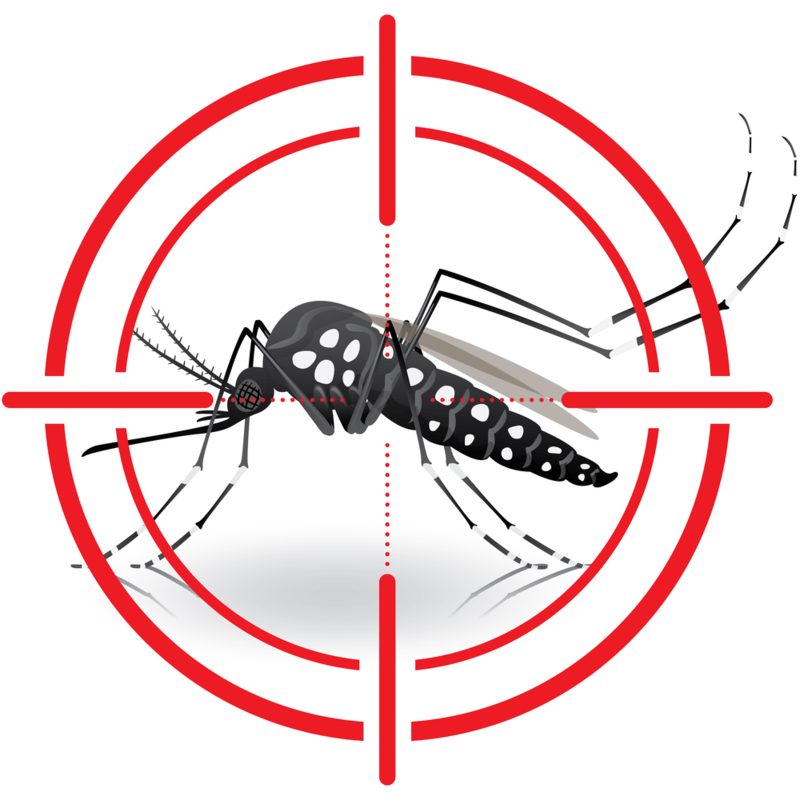WHO South-East Asia member countries to expedite efforts to control dengue, malaria
PTI Sep 08, 2018
Member countries of the WHO South-East Asia, including India, September 7 resolved to accelerate efforts to control dengue and malaria which continue to affect the people in the region, the global health body said.

It said dengue threatens nearly 1.3 billion people with frequent and large-scale outbreaks and malaria continues to be endemic in the region. The 11 countries in the region also adopted a resolution to prioritize dengue control and malaria elimination. "We need to intensify multi-sectoral approach at the national and grassroots level to reach the most vulnerable and marginalized communities, strengthen surveillance, operationalize cross-border collaboration and most importantly promote vector control," Dr Poonam Khetrapal Singh, Regional Director of WHO South-East Asia, said.
She said this at the 71st Regional Committee session, which concluded on September 7. The Regional Committee session adopted the 'Delhi Declaration' with member countries committing to make essential medical products accessible and affordable to all, both within the region and beyond.
The 11 member countries of the WHO South-East Asia region account for one-fourth of the global population, 58 per cent of the global burden of plasmodium vivax malaria, and are at increasing risk of dengue and other vector borne diseases in view of the increasing urbanization and climate change, the global health body said.
Reviewing the progress, challenges, capacities and opportunities for strengthening health workforce, the countries agreed to continue to focus on frontline workers, improve rural retention and transformative education, and increase coordination between health and other ministries.
To further advance health of newborns, children and mothers, the countries agreed to enhance budgets and address social inequities. They emphasized that an integrated approach with reproductive newborn, maternal, child and adolescent health programmes activities is at the heart of universal health coverage for ensuring quality care while "leaving no one behind".
Monitoring progress on universal health coverage and health-related sustainable development goals, the member countries agreed to continue to develop and implement policies to advance equity and efficiency. The session adopted another resolution which seeks to strengthen emergency medical teams to enhance preparedness in the WHO South-East Asia region, prone to natural disasters.
The member countries welcomed the expansion of the mandate of South-East Asia Regional Health Emergency Fund (SEARHEF), from response to preparedness, to be better equipped to handle disasters.
SEARHEF has supported 37 emergencies in nine countries of the region since its inception a decade ago, meeting immediate needs of affected communities and saving lives, a WHO statement said.
-
Exclusive Write-ups & Webinars by KOLs
-
Daily Quiz by specialty
-
Paid Market Research Surveys
-
Case discussions, News & Journals' summaries